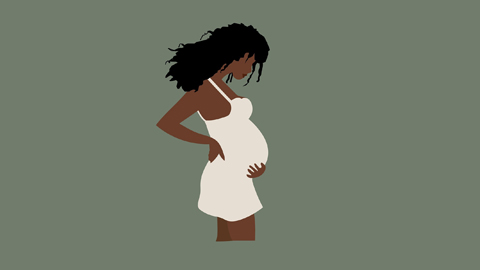The Article of October: How Prenatal Pollution Affects Neonatal Brain Maturation
The Research and Communication Commission of the Department of Clinical and Health Psychology has selected "Unraveling the impact of prenatal air pollution for neonatal brain maturation" as the article of the month for October.

This study, published in Environment International, explores how prenatal exposure to atmospheric pollution—especially fine PM2.5 particles—can affect brain myelination in neonates. The research, led by Jesús Pujol and a broad multidisciplinary team from Barcelona research centers, is part of the European project AirNB, funded by the European Research Council.
Myelination—the process of forming the myelin sheath around axons—is key to brain development and occurs intensively during gestation. Using magnetic resonance imaging performed on 93 neonates, the study demonstrated that greater exposure to PM2.5 during the first trimester of gestation is associated with lower cortical myelination, while exposure in the third trimester is linked to a reduction in global myelination.
Although PM2.5 contains essential trace elements such as iron, copper, and zinc—indispensable for brain development—these did not show specific effects when the results were adjusted for overall PM2.5 exposure. This suggests that the main impact comes from pollution as a whole, and not from its individual components.
The obtained results highlight the vulnerability of the developing brain to environmental contaminants and underscore the need for stricter public policies regarding air quality. However, the authors note that myelination is a dynamic process: a delay is not necessarily negative, as a more prolonged development can be associated with better long-term cognitive outcomes.
This work opens the door to future longitudinal research to assess how these initial alterations can influence children's cognitive and behavioral development and emphasizes the importance of protecting brain health from the earliest stages of life.